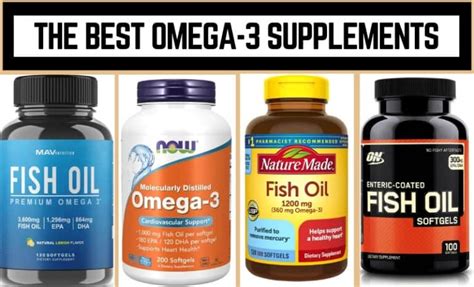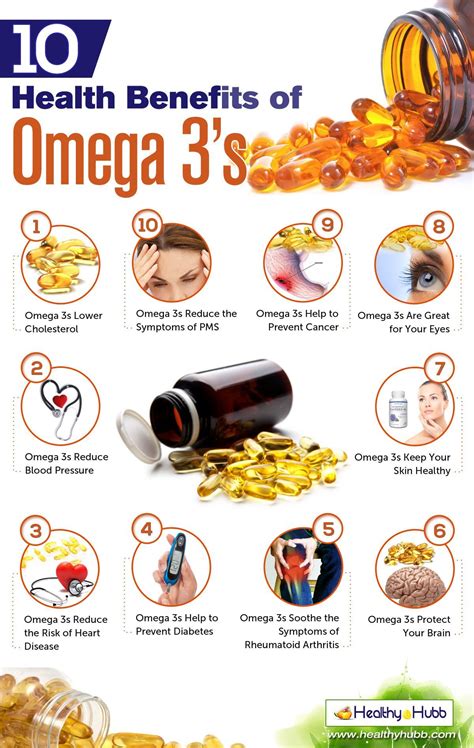omega 3 fake | omega 3 supplements reviews omega 3 fake AUBREY: The oils found in fatty fish, known as Omega-3s, are healthy, and they have anti-inflammatory properties. And the U.S. dietary guidelines recommend consuming . RESERVATION – Discreet Whispers LV. One of The Best Worth Korean GF Experience. DONATIONS. Due to a technical difculty on the. website, please send a booking request. directly. you can txt/call 725-277- 9381 (MAIN) or 725-272-4582. email us
[email protected]. MEMBERS. JOIN MAILING LIST.
0 · omega 3 supplements reviews
1 · is omega 3 bad for humans
2 · health benefits of omega 3 supplements
3 · does omega 3 cause heart problems
4 · are omega 3 supplements safe
Olu diēta. Ņemot vērā olu daudzumu ēdienkartē izvērtējiet pašas savu veselību. Tām, kas slimojušas ar kādām aknu slimībām šo diētu tieši olu daudzuma dēļ neiesaku. Svara zudumu pēc 4 nedēļām sola ap 20 kg, ja sākotnējais svars ap 100 un vairāk kg. Diēta balstās nevis uz kaloritāti, bet ķīmiskajām reakcijām .
As an excellent source of heart-healthy omega-3 fatty acids, daily fish oil supplements are a popular way to keep the risk of cardiovascular . AUBREY: The oils found in fatty fish, known as Omega-3s, are healthy, and they have anti-inflammatory properties. And the U.S. dietary guidelines recommend consuming .
It's well-established that regularly consuming foods that contain omega-3 fatty acids (see "Ticker-Friendly Foods," below) is a bonus for heart health. But the evidence on .

Extensive work by the team has already looked at more than 3,000 omega-3 products, including cod liver oil, shark liver oil, krill oil, algae oil, and a variety of other products to identify cases of food fraud. Omega-3 fatty acids are considered "essential," which means people must get them from their diet or other sources. Fatty fish such as salmon, tuna, sardines, and mackerel are .
But just as omega-3 fish oil has grown in popularity, so has the misinformation and confusion surrounding this powerful nutrient. Let’s clear up 11 common myths about omega-3 . Fish oil contains two omega-3 fatty acids, EPA and DHA, which are found in flax seeds, walnuts, and fatty fish such as salmon. Higher levels of EPA and DHA have been associated with a lower.
omega 3 supplements reviews
A new prescription version of omega-3 has shown greater promise, especially in people with high triglycerides. In 2019, the U.S. Food and Drug Administration expanded the .

Earlier this month, Blackmores Institute published an article entitled 'Cochrane Review Debunked as Fake Science', which looked at the latest Cochrane review on Omega-3 fatty acids for the . As an excellent source of heart-healthy omega-3 fatty acids, daily fish oil supplements are a popular way to keep the risk of cardiovascular disease at bay. About 20% of adults older.
Don't get tricked by these 3 heart-health myths. The food you eat can play a major role in your risk of heart disease. Here's what you need to know to avoid popular misconceptions. To reduce your chance of heart disease, you should avoid .
AUBREY: The oils found in fatty fish, known as Omega-3s, are healthy, and they have anti-inflammatory properties. And the U.S. dietary guidelines recommend consuming Omega-3s as part of a.
is omega 3 bad for humans
It's well-established that regularly consuming foods that contain omega-3 fatty acids (see "Ticker-Friendly Foods," below) is a bonus for heart health. But the evidence on supplements has.
Extensive work by the team has already looked at more than 3,000 omega-3 products, including cod liver oil, shark liver oil, krill oil, algae oil, and a variety of other products to identify cases of food fraud. Omega-3 fatty acids are considered "essential," which means people must get them from their diet or other sources. Fatty fish such as salmon, tuna, sardines, and mackerel are good sources of two omega-3s: eicosapentaenoic acid (EPA) and docosahexaenoic acid (DHA).
But just as omega-3 fish oil has grown in popularity, so has the misinformation and confusion surrounding this powerful nutrient. Let’s clear up 11 common myths about omega-3 fish oil supplements, focusing particularly on dose, source, and freshness. Myth #1: All Omega-3 Sources Are Equally Beneficial. Fish oil contains two omega-3 fatty acids, EPA and DHA, which are found in flax seeds, walnuts, and fatty fish such as salmon. Higher levels of EPA and DHA have been associated with a lower.
A new prescription version of omega-3 has shown greater promise, especially in people with high triglycerides. In 2019, the U.S. Food and Drug Administration expanded the use of Vascepa (icosapent ethyl), a more pure form of fish oil, for people with triglyceride levels greater than 150 mg/dL.Earlier this month, Blackmores Institute published an article entitled 'Cochrane Review Debunked as Fake Science', which looked at the latest Cochrane review on Omega-3 fatty acids for the primary and secondary prevention of cardiovascular disease.
As an excellent source of heart-healthy omega-3 fatty acids, daily fish oil supplements are a popular way to keep the risk of cardiovascular disease at bay. About 20% of adults older. Don't get tricked by these 3 heart-health myths. The food you eat can play a major role in your risk of heart disease. Here's what you need to know to avoid popular misconceptions. To reduce your chance of heart disease, you should avoid . AUBREY: The oils found in fatty fish, known as Omega-3s, are healthy, and they have anti-inflammatory properties. And the U.S. dietary guidelines recommend consuming Omega-3s as part of a. It's well-established that regularly consuming foods that contain omega-3 fatty acids (see "Ticker-Friendly Foods," below) is a bonus for heart health. But the evidence on supplements has.
health benefits of omega 3 supplements
Extensive work by the team has already looked at more than 3,000 omega-3 products, including cod liver oil, shark liver oil, krill oil, algae oil, and a variety of other products to identify cases of food fraud. Omega-3 fatty acids are considered "essential," which means people must get them from their diet or other sources. Fatty fish such as salmon, tuna, sardines, and mackerel are good sources of two omega-3s: eicosapentaenoic acid (EPA) and docosahexaenoic acid (DHA).

But just as omega-3 fish oil has grown in popularity, so has the misinformation and confusion surrounding this powerful nutrient. Let’s clear up 11 common myths about omega-3 fish oil supplements, focusing particularly on dose, source, and freshness. Myth #1: All Omega-3 Sources Are Equally Beneficial. Fish oil contains two omega-3 fatty acids, EPA and DHA, which are found in flax seeds, walnuts, and fatty fish such as salmon. Higher levels of EPA and DHA have been associated with a lower. A new prescription version of omega-3 has shown greater promise, especially in people with high triglycerides. In 2019, the U.S. Food and Drug Administration expanded the use of Vascepa (icosapent ethyl), a more pure form of fish oil, for people with triglyceride levels greater than 150 mg/dL.
bracelet argent hermes vintage
hermes black gold bracelet
~7 Hours. Location. Vidzeme - Central Latvia. Tour Season. April - November. Immerse yourself into peace and well-being of the beautiful world of bogs without worrying about getting your feet wet. Learn about this amazing Nordic nature wonder and experience Kemeri National Park in full by tasting water from a sulfur spring.
omega 3 fake|omega 3 supplements reviews


























